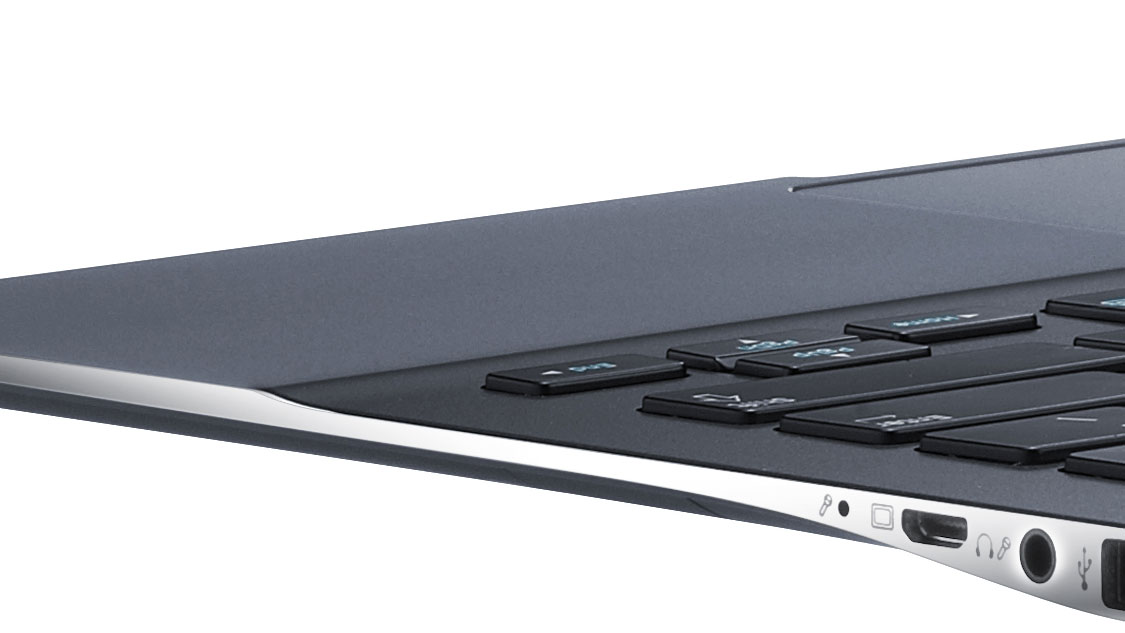Seagate promises to 'upgrade' your laptop with new range of SSDs
Hard drive maker joins SSD party with up to 480GB

Seagate is finally bringing out its own solid state drives; and it's not doing things by halves, launching four different ranges of SSD and flash storage.
Three of its drives are aimed at businesses who need fast drives for servers and data centres, but it's pitching the 6Gb/s SATA Seagate 600 SSD line as "the ultimate laptop upgrade".
That's thanks to the usual advantages of SSDs - booting four times faster than a laptop hard drive, running applications twice as fast and surviving being dropped while your laptop is running.
The 2.5-inch 600 SSD will be available in both 7mm heights (for standard notebooks) and 5mm, to fit into Ultrabooks and thinner ultraportables. Both heights come in three capacities: 120GB for £99, 240GB for £199 or 480GB for £399.
Solid
Although there are cheaper SSDs on the market at those sizes, SSDs with the 500MB/s read and 400MB/s write speeds of the Seagate 600 are usually a little more expensive.
The competition that Segate isn't quite matching is the Crucial M500, which packs 960GB of storage into an SSD with similar read and write speeds to the new Seagate models, for a breakthrough price of £475.
That's close to the 1TB you can get in a laptop hard drive, for little more than the price of most 480GB and 512GB SSDs. However the Crucial M500 is only available in 7mm heights and initial units had firmware problems that led to drive failure.
Sign up for breaking news, reviews, opinion, top tech deals, and more.
So far, Seagate's approach to flash memory has been the Momentus hybrid hard drive, combining the lower price and higher capacity of a spinning hard drive for storing your files with 8GB of flash that caches your most commonly used data to give a performance that's closer to SSD for some things.
Seagate only recently launched the third generation of these hybrid drives, which add write caching for extra speed to make up for the 5200RPM hard drive speed. As Seagate has dropped its 7200RPM hard drives for notebooks, the strategy is to offer the choice between cheaper hybrid drives with up to 1TB of storage or SSDs that trade off less storage and higher prices for speed.
"Flash and hard drives are not mutually exclusive," Seagate vice president Mark Whitby told TechRadar. "Storage is storage."
Seagate is predicting that by 2020 we'll be buying 200 million SSDs a year – but a billion hard drives as well.
Mary (Twitter, Google+, website) started her career at Future Publishing, saw the AOL meltdown first hand the first time around when she ran the AOL UK computing channel, and she's been a freelance tech writer for over a decade. She's used every version of Windows and Office released, and every smartphone too, but she's still looking for the perfect tablet. Yes, she really does have USB earrings.